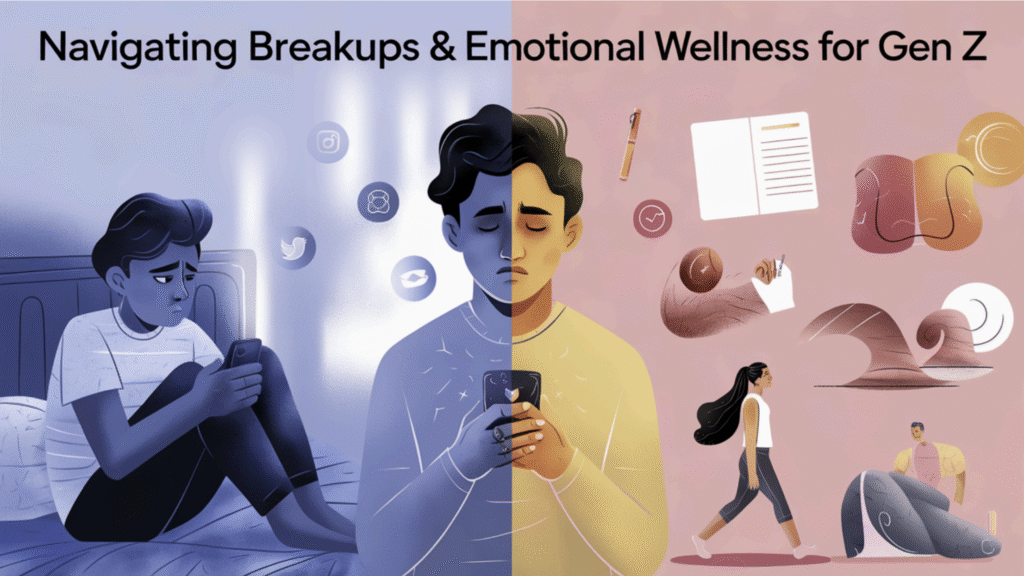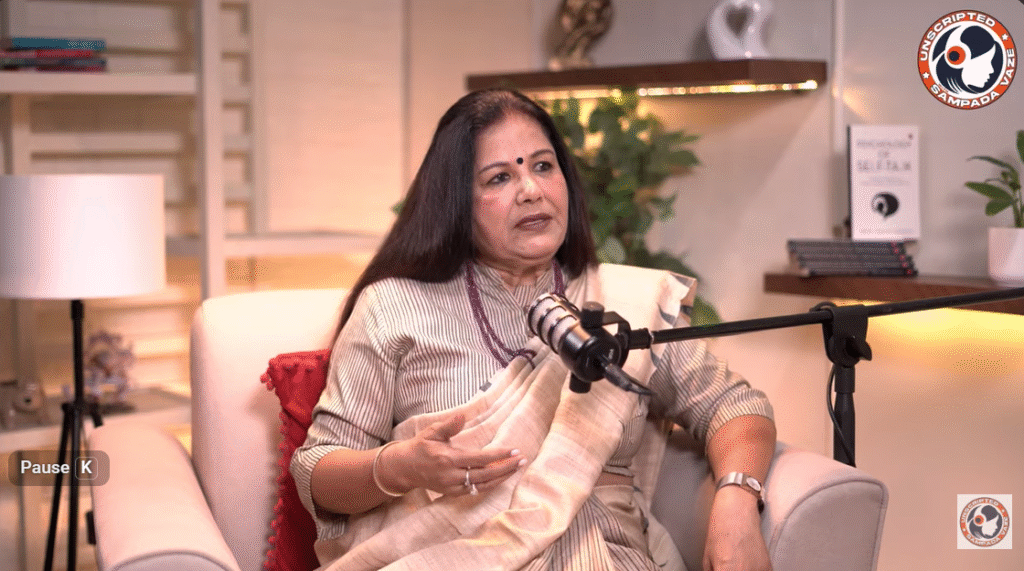Embracing Technology for Better Mental Health: Digital Therapy & AI in 2025
Introduction As we move into 2025, technology continues to revolutionize mental health care, making support more accessible, affordable, and stigma-free. Digital therapy and AI-driven tools offer new ways to manage mental wellness from the comfort of your own home. In India, where geographical and social barriers often limit access to mental health professionals, these innovations are transforming lives. Mind Spa India embraces this future, blending traditional care with cutting-edge technology to provide holistic support. What is Digital Therapy? Digital therapy includes a range of services delivered through electronic platforms: These services allow flexibility and privacy while reaching underserved populations. Latest Innovations in Mental Health Technology Benefits for Indian Users Risks & Limitations Trusted Tools & How to Choose Them Mind Spa India supports clients with both traditional counseling and digital therapy, bridging the best of both worlds. FAQs Q: Does digital therapy actually work in India?A: Yes, it has proven effective for mild to moderate conditions and for increasing access. Many Indians have benefited from platforms like Mind Spa India’s teletherapy services. Q: Can AI chatbots replace human therapists?A: No, chatbots are helpful tools for immediate support and skill-building but cannot replace professional diagnosis or complex therapy. Q: Are digital therapy platforms safe and confidential?A: Reputable platforms adhere to strict privacy standards. Always review their policies before sharing personal information. Conclusion & Call to Action Digital therapy and AI are reshaping mental health care in India, making compassionate support just a click away. Whether you’re exploring meditation apps or ready for video counseling, Mind Spa India is here to guide you on this tech-enabled journey toward wellness. 📞 To begin personalized digital therapy or schedule hybrid sessions, call or WhatsApp us today at +91 8840676202. Embrace the future of mental health care with Mind Spa India—where tradition meets technology for your holistic healing.



